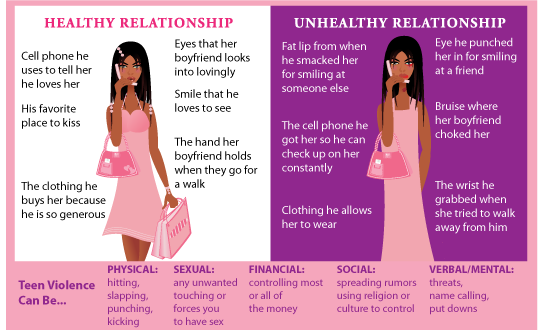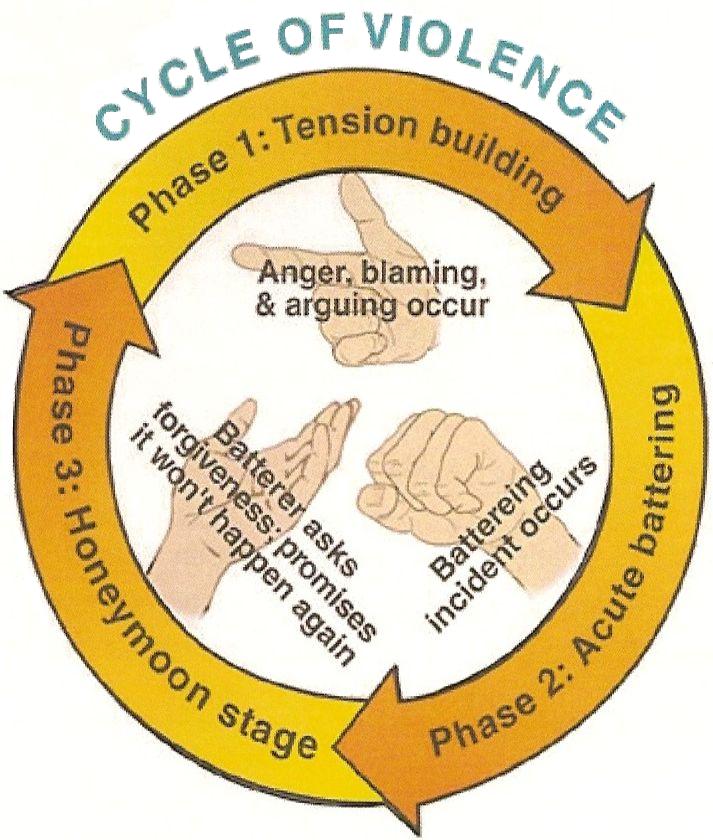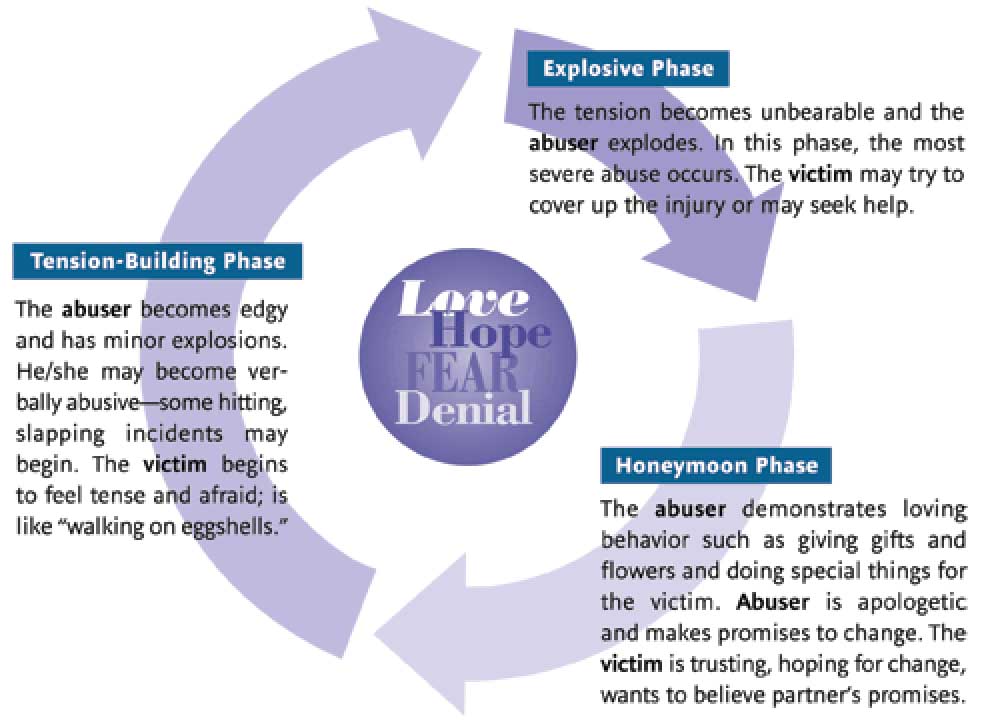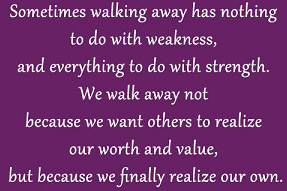Domestic Violence Hurts More Than the Victim

“I object to violence because when it appears to do good, the good is only temporary;
the evil it does is permanent”
-Mahatma Gandhi

“The most perfect of believers in belief is the best of them in character. The best of you are those who are the best to their women.” -Prophet Muhammad (PBH)
Domestic violence against women remains a major concern within the Muslim community as well as society at large. The problem is so severe that it affects people from all ways of life regardless of socioeconomic status, ethnicity, age and religion.

When Prophet Muhammad (pbuh) said, “The best of you are the best to your women and the worst of my ummah are those who beat their women” he knew that the ummah included, thieves, murderers, hypocrites, and idolators. Abusing and mistreating of women is considered far worse than shirk in Islam. The Prophet (pbuh) also taught that a husband’s treatment of his wife reflects a Muslim’s good character, which in turn is a reflection of his faith. The character of the Prophet Muhammad (pbuh) exemplified how one should treat his wife. A man should treat his wife with kindness, talk to her, be playful and smile, not hurt her emotionally or physically, remove anything that will harm her, treat her gently, and be patient with her. A man of good character should communicate effectively with his wife, involve her in decision making and support her in times of difficultly. God instructs men to be kind to their wives and to treat them well to the best of their ability. A devout Muslim should always remember that pleasing his wife is part of faith and earns the pleasure of God, whilst dealing with her unjustly will earn God’s wrath.
“Live with them in kindness;even if you dislike them,
perhaps you dislike something in which Allah has placed much good” -(Quran, 4:19).
There are numerous narrations of the Prophet (pbuh) which clearly discourages and even prohibits beating, hitting, and use of any brutal force against wives, such that would cause bodily harm or injuries. Prophet Muhammad being the role model for all husbands, never resorted to such a measure with any of his wives. How Prophet Muhammad treated his wives speaks volumes of his character as a husband which all men should emulate. In addition, in the following verse of the Qur’an, God warns men that if they retain their wives in marriage it should not be to take advantage of them.
“Retain them in kindness or release them in kindness. But do not retain them to their hurt so that you transgress (the limits). If anyone does that he wrongs his own soul. Do not take God’s instructions as a jest“ (Qur’an 2:231).

There is a clear pattern to abuse and perpetrators of abuse. The pattern usually starts with anger and blame which leads to physical or verbal assault. Usually immediately after the assault, the perpetrator feels remorse and guilt, which leads to begging for forgiveness and making promises of never letting it happen again. Unfortunately this is a cycle because it will happen again and the severity of abuse usually escalates each time.
Many women begin to blame themselves and believe what they are told by the perpetrator. This belief leads to desperate attempts to change their behavior, physical appearance, thoughts, and friends in the attempt to end the violence. They believe the perpetrator and make excuses for them after every incident. The women believe they can change the cycle by changing themselves but it’s not so easy.
Women who are battered have more than twice the health care needs and costs than those who are never battered. The abuse towards pregnant women has resulted in miscarriages, stillbirths and a two to four times greater likelihood of bearing a low birth weight baby. Children exposed to domestic violence are four times more likely to become violent juvenile offenders. Children who have witnessed violence at home are also five times more likely to commit or suffer violence when they become adults.
Know the pattern of violence and abuse. Unless the perpetrator gets help, there is nothing the victim can do to end the cycle. Victims should reach out to friends and family members. Family members should not feel they are interfering if they provide help and support to a victim of domestic violence. Victims should not be forced to go back to a violent home until changes are made by the perpetrator. If you or someone you know are in a domestic violence situation, please contact the national domestic violence hotline or call 1-800-799-SAFE (7233)
 Dr. Nafisa Sekandari is the director and founder of Mental Health 4 Muslims.com. Dr. Sekandari is currently licensed and practicing in California and Arizona. Dr. Sekandari is also the current founder and director of MH4M Counseling and Education Center in Phoenix, Arizona. Additionally, Dr. Sekandari is a published author and lecturer.
Dr. Nafisa Sekandari is the director and founder of Mental Health 4 Muslims.com. Dr. Sekandari is currently licensed and practicing in California and Arizona. Dr. Sekandari is also the current founder and director of MH4M Counseling and Education Center in Phoenix, Arizona. Additionally, Dr. Sekandari is a published author and lecturer.

